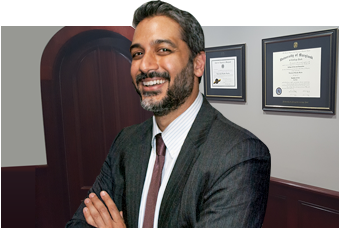Differentiating Between a Felony and a Misdemeanor
Federal and state criminal law categorizes crimes according to their severity. Felonies are the most serious type of crime, while misdemeanors are less serious. Some states also recognize violations, which include offenses such as speeding and other traffic offenses. Regardless of whether you’ve been charged with a misdemeanor or a felony, you need the help of an experienced criminal lawyer in Charles County. It’s advisable to find an attorney who has prior experience working as a prosecutor, since he or she will have an in-depth knowledge of the strategies necessary to produce the best possible outcome for your case.
Severity of the Crime
In addition to organizing criminal charges with the felony or misdemeanor classification, some states have subcategories of crimes. Felonies and misdemeanors may have classes labeled A, B, or C, or they may be labeled numerically. A certain penalty range may be assigned to each class. However, Maryland criminal law does not use this classification system; rather, it assigns potential penalties for each individual felony.
Criminal Penalties
Another distinction between felonies and misdemeanors is the severity of the criminal penalties. Your criminal defense attorney can help you understand the potential penalties for the charges you’re facing. Misdemeanors are punishable by up to one year in jail. They may also result in fines. In contrast, a felony conviction can result in a sentence of more than a year, which will be served in state or federal prison.
Long-Term Consequences
Although it’s never desirable to have any type of criminal conviction on your record, felony convictions will result in more serious long-term consequences than misdemeanors. Hiring an attorney at law is your best chance of preserving your future freedom. If you’re convicted of a felony, you’ll be legally obligated to disclose this on employment applications. You can expect to be deprived of certain rights afforded to other citizens, such as the right to possess firearms, the right to vote, and the right to serve on jury duty. You may also lose professional licenses and you may be barred from applying for government benefits.

